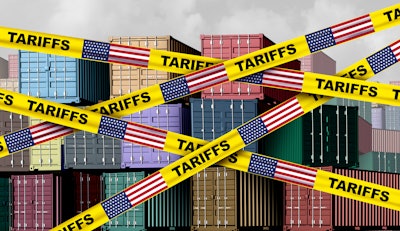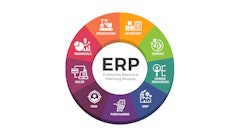
Labor shortages and tariffs emerged as the top concerns for nearly 200 supply chain leaders from transportation and warehouse service providers, industrial manufacturers, retailers and food and consumer packaged goods shippers, according to “Resilience in Uncertainty: Navigating Geopolitical Risks and Data Quality in Supply Chains,” a new research report from Seagull Software.
“As the report shows, traceability is only as good as the data behind it,” says Jeff Hart, CEO of Seagull Software. “Data quality isn’t just a ‘nice to have’—it’s the foundation of accurate, reliable, and actionable information about a product’s journey. Without clean, harmonized data, it’s impossible to respond quickly, meet compliance standards, or deliver the transparency that customers and regulators increasingly demand. In today’s global supply chain environment, the ability to track a product from origin to final destination is no longer optional—it’s mission critical.”
Key takeaways:
· 75% of supply chain leaders report significant disruption from geopolitical events such as tariffs, labor shortages, trade disputes, and regional conflicts over the past two years. Amidst this volatility, the report identifies high-quality, real-time data and item-level traceability as foundational elements of supply chain resilience, risk mitigation, and compliance.
- 60% of companies plan to increase investment in data quality and traceability technologies in the next 12 months.
- A majority of respondents consider customer demands for transparency a primary or influential driver of their data quality strategy.
- Despite the value placed on traceability, only 23% of companies have fully operational item-level systems in place today.
- The biggest challenges to data quality include inconsistent supplier data (47%), manual data entry errors (42%), and fragmented legacy systems (39%).
- The report also highlights the evolving role of traceability technologies like RFID, AI-powered automation, and SaaS platforms in helping companies modernize their operations while addressing emerging ESG, customs, and digital product passport (DPP) requirements.



















